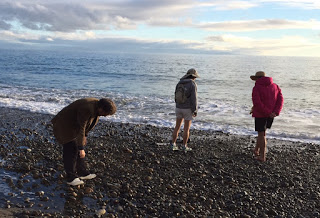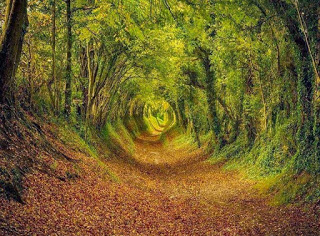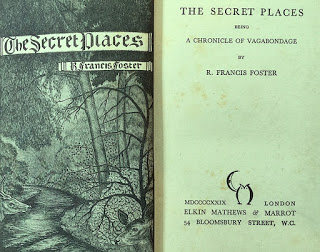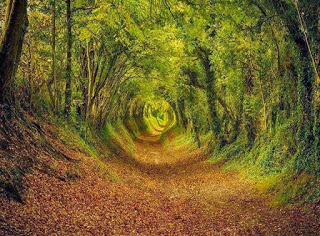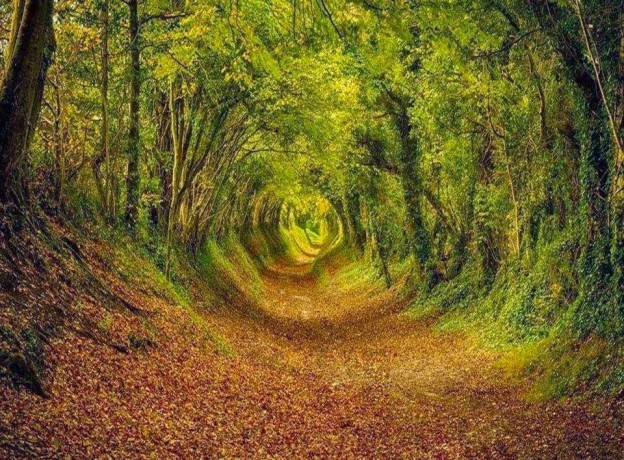‘ It is quite obvious that in the years to come we shall have to tackle this business of employing leisure much more scientifically than has hitherto been the case. For about 150 years men have been struggling to obtain leisure, and now that they have got it they don’t know what to do with it. Education has been no preparation for it. When the average working man gets any leisure he spends it in the purely passive pursuit of watching films, dog-racing or football. Leisure, which surely ought first and foremost to be an opportunity for giving vent to mans passion to express himself, to create something, is wasted in serving commercial interests.
Our first mistake is to spend our leisure in herds. It has been wisely said that religion is what a man does with his loneliness, and one result of modern civilisation has been to make men afraid of being by themselves. They look upon loneliness as a state to be avoided. In a word they fight shy of it exactly as they fight shy of the word religion.
Too much obedience of the herd extinct has gone along way to destroy our liberty of action and liberty of thought. We follow the dictates of convention and society quite blindly without stopping to think whether we are wise in applying them to our own case. “ It isn’t done,” is our parrot-like remonstrance when someone suggests a convenient but unusual mode of behaviour, like walking coatless in the street on a hot day or drinking tea out of the saucer to cool it.
Our first duty to ourselves is to is to learn to know ourselves, and we shall never do that by always keeping with the crowd. The world is far too full of leagues and societies and clubs and associations. There ought to be an Association for those who vow never to belong to any association.
Continue reading
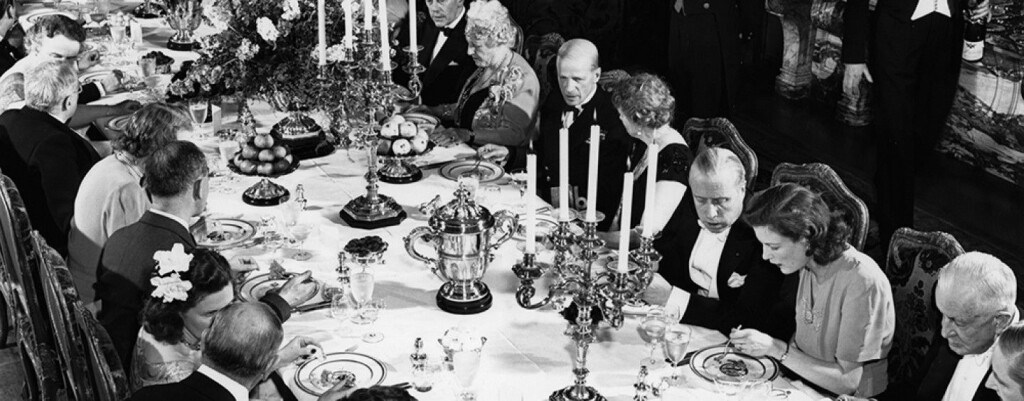
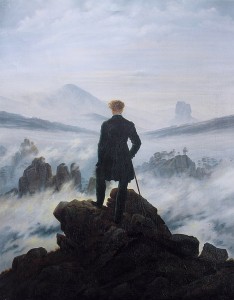
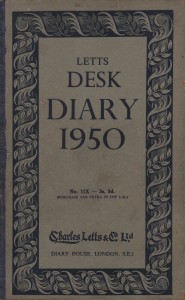
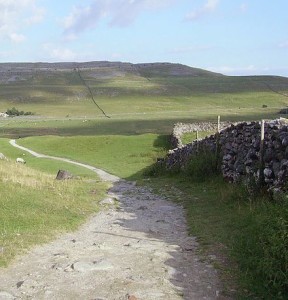 Connecticut 1928) – a special American edition. The great historian ‘s paean to the joys of walking (” I have two doctors, my left leg and my right..’) was published first as an essay in 1913 in Clio, a muse, and other essays literary and pedestrian and the American introduction by J. Brooks Atkinson notes that the walking world has changed much since then: “..the motor car has completely separated the walkers from the riders. It lays a new responsibility upon the walkers to conduct themselves nobly in God’s light.. they cannot be road walkers now, like Stevenson, since roads have become arteries -hardened arteries- of traffic. They are pushed willy-nilly into the hills, meadows and woods beyond the clatter and the evil fumes of the highway..” (he then launches an attack on the new walking clubs- ‘their walking is a bastard form of motoring.’) Trevelyan’s essay recalls a world now largely lost, although our great modern walkers (Iain Sinclair, Robert Macfarlane, Will Self) still find great places to ramble. GMT writes:
Connecticut 1928) – a special American edition. The great historian ‘s paean to the joys of walking (” I have two doctors, my left leg and my right..’) was published first as an essay in 1913 in Clio, a muse, and other essays literary and pedestrian and the American introduction by J. Brooks Atkinson notes that the walking world has changed much since then: “..the motor car has completely separated the walkers from the riders. It lays a new responsibility upon the walkers to conduct themselves nobly in God’s light.. they cannot be road walkers now, like Stevenson, since roads have become arteries -hardened arteries- of traffic. They are pushed willy-nilly into the hills, meadows and woods beyond the clatter and the evil fumes of the highway..” (he then launches an attack on the new walking clubs- ‘their walking is a bastard form of motoring.’) Trevelyan’s essay recalls a world now largely lost, although our great modern walkers (Iain Sinclair, Robert Macfarlane, Will Self) still find great places to ramble. GMT writes:
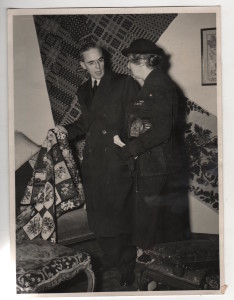
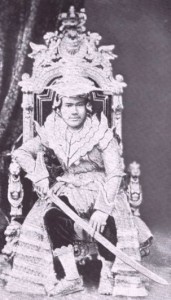 Thibaw Min (sometimes
Thibaw Min (sometimes 